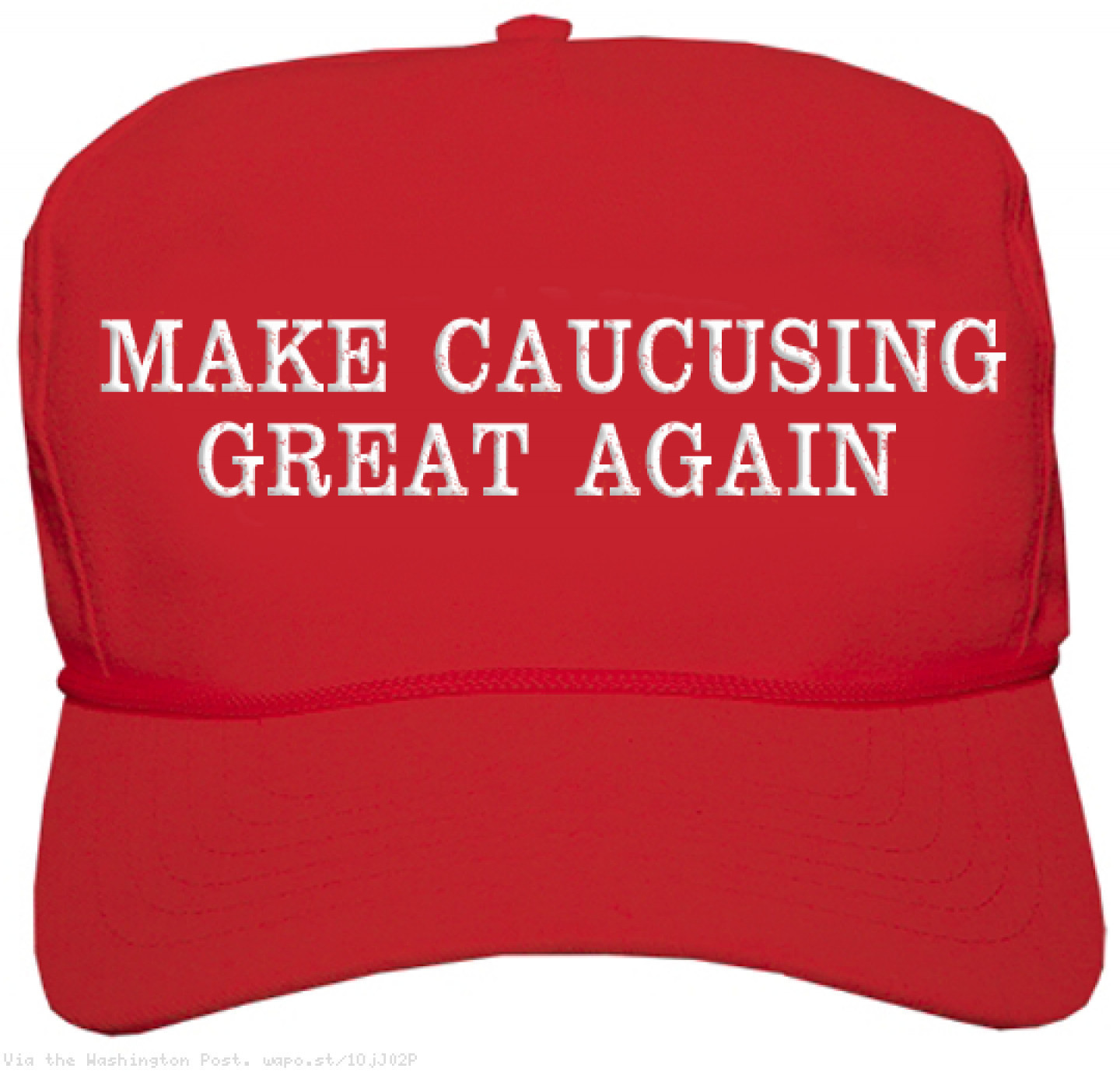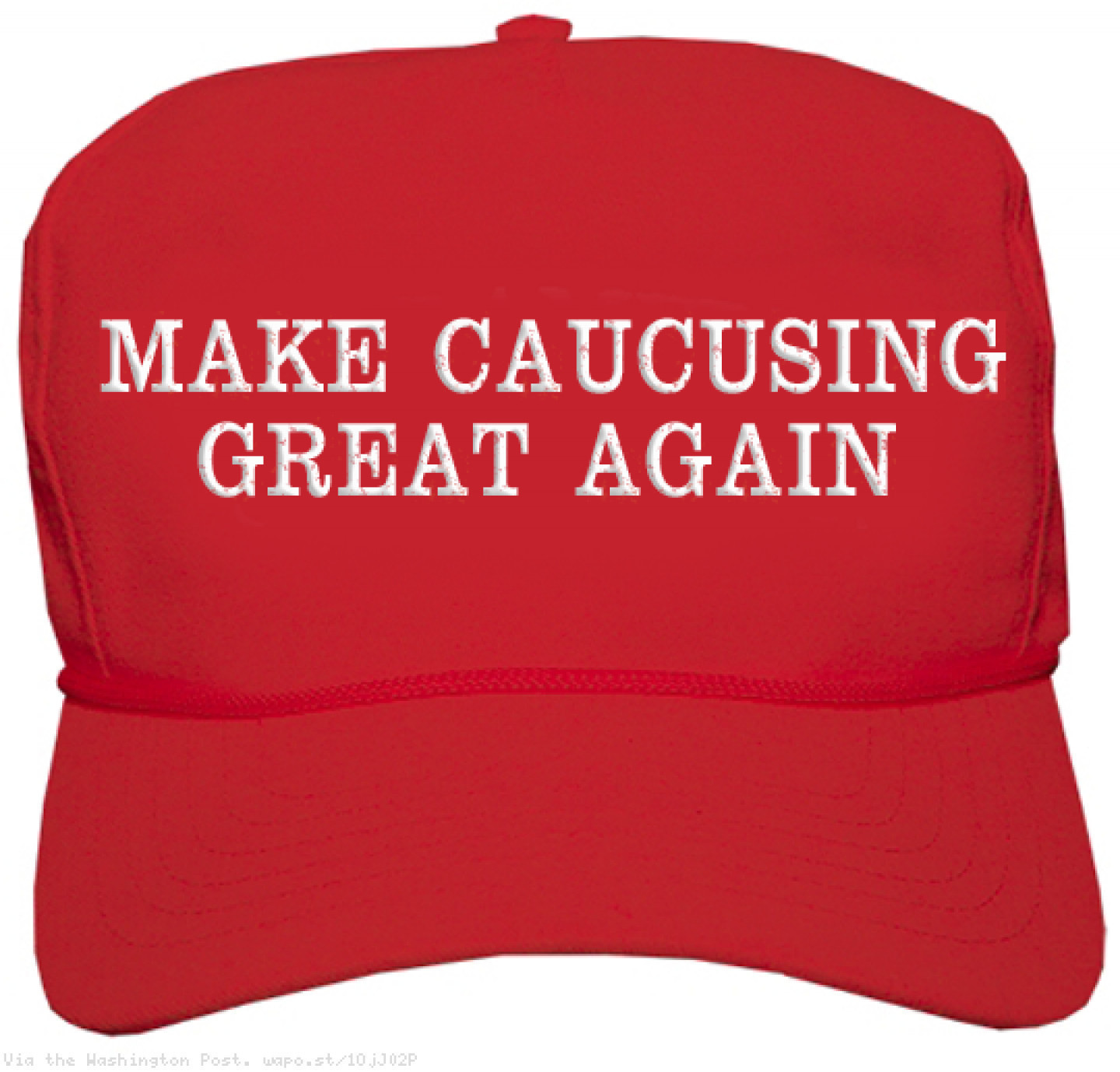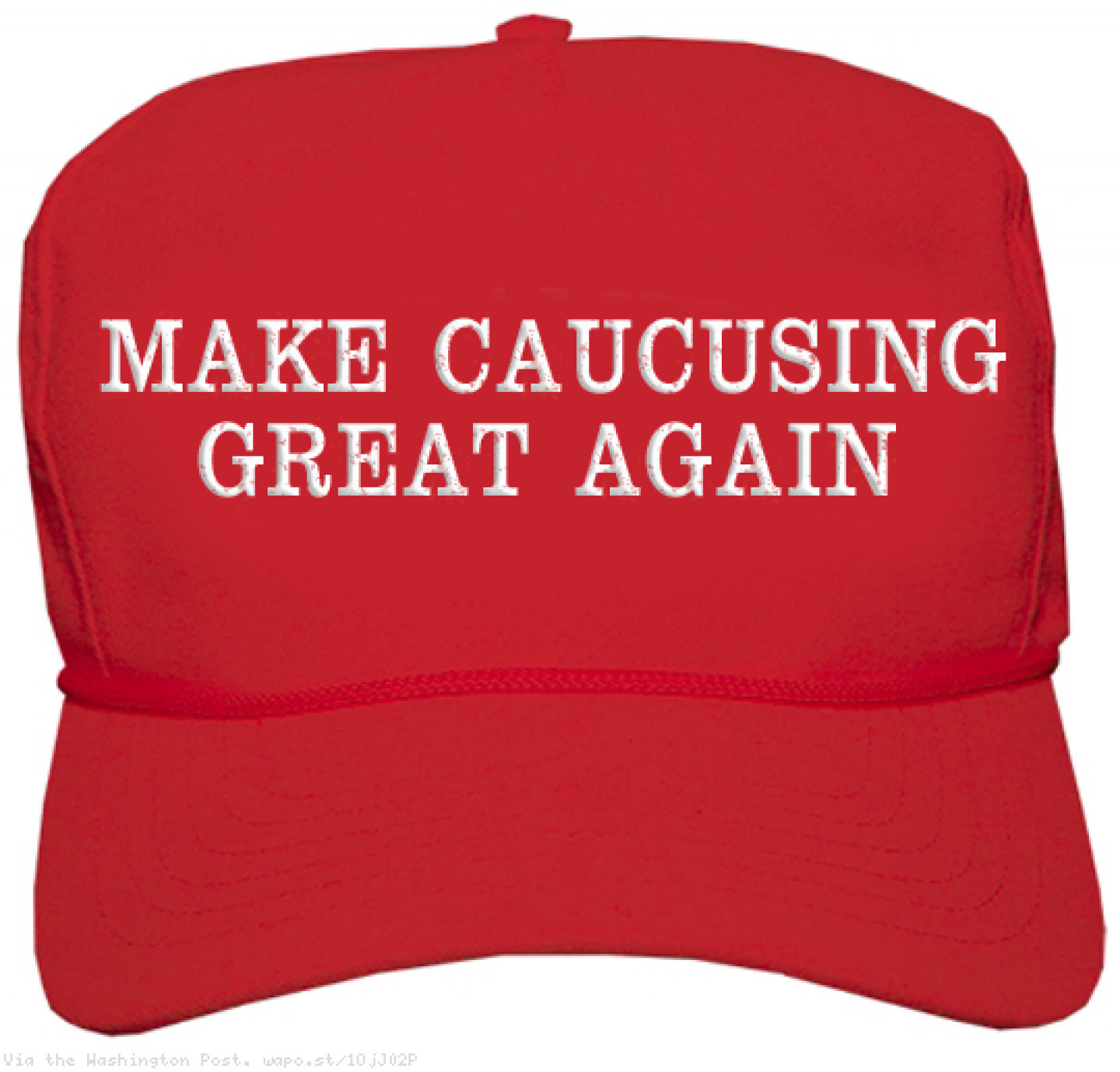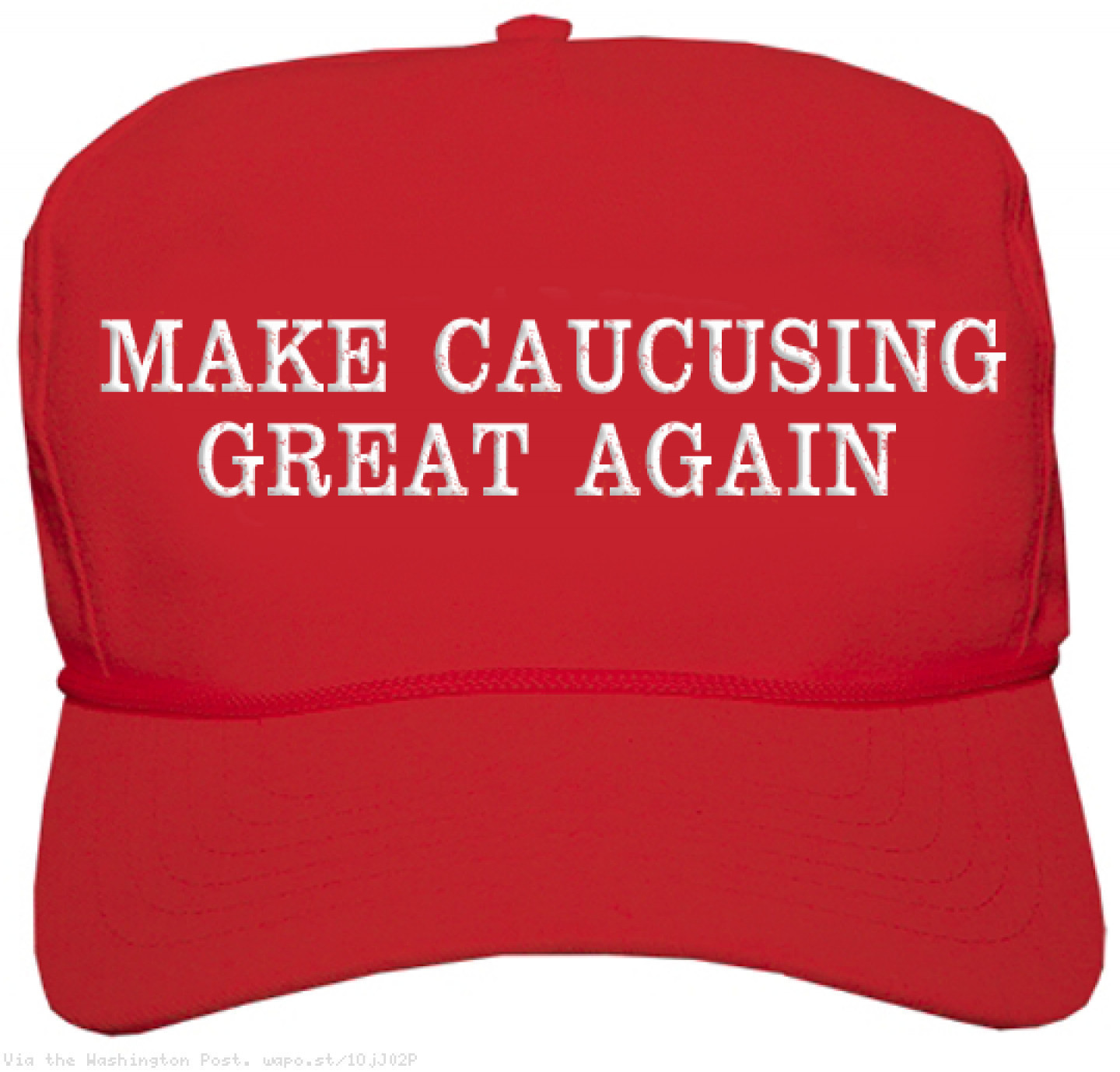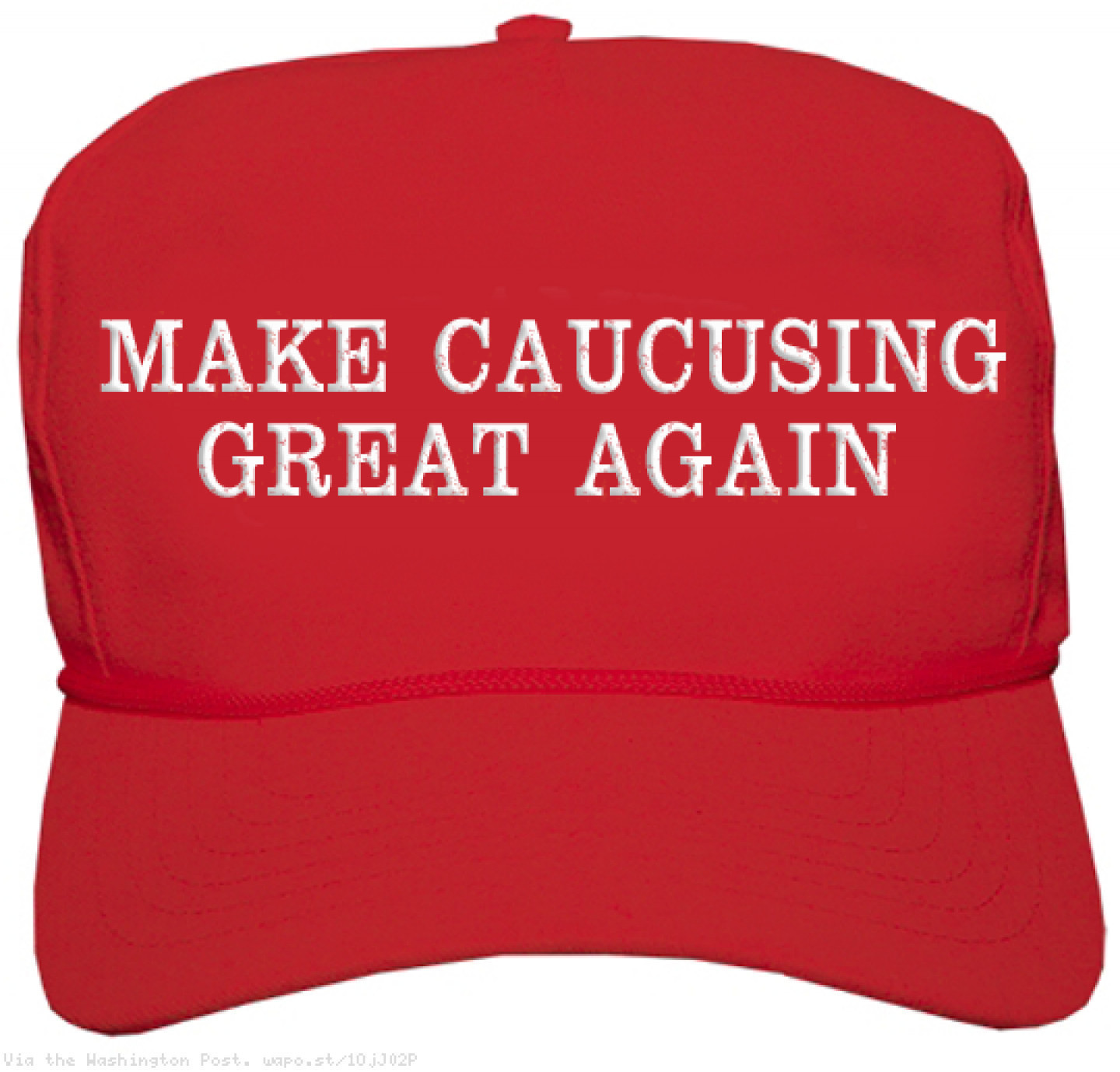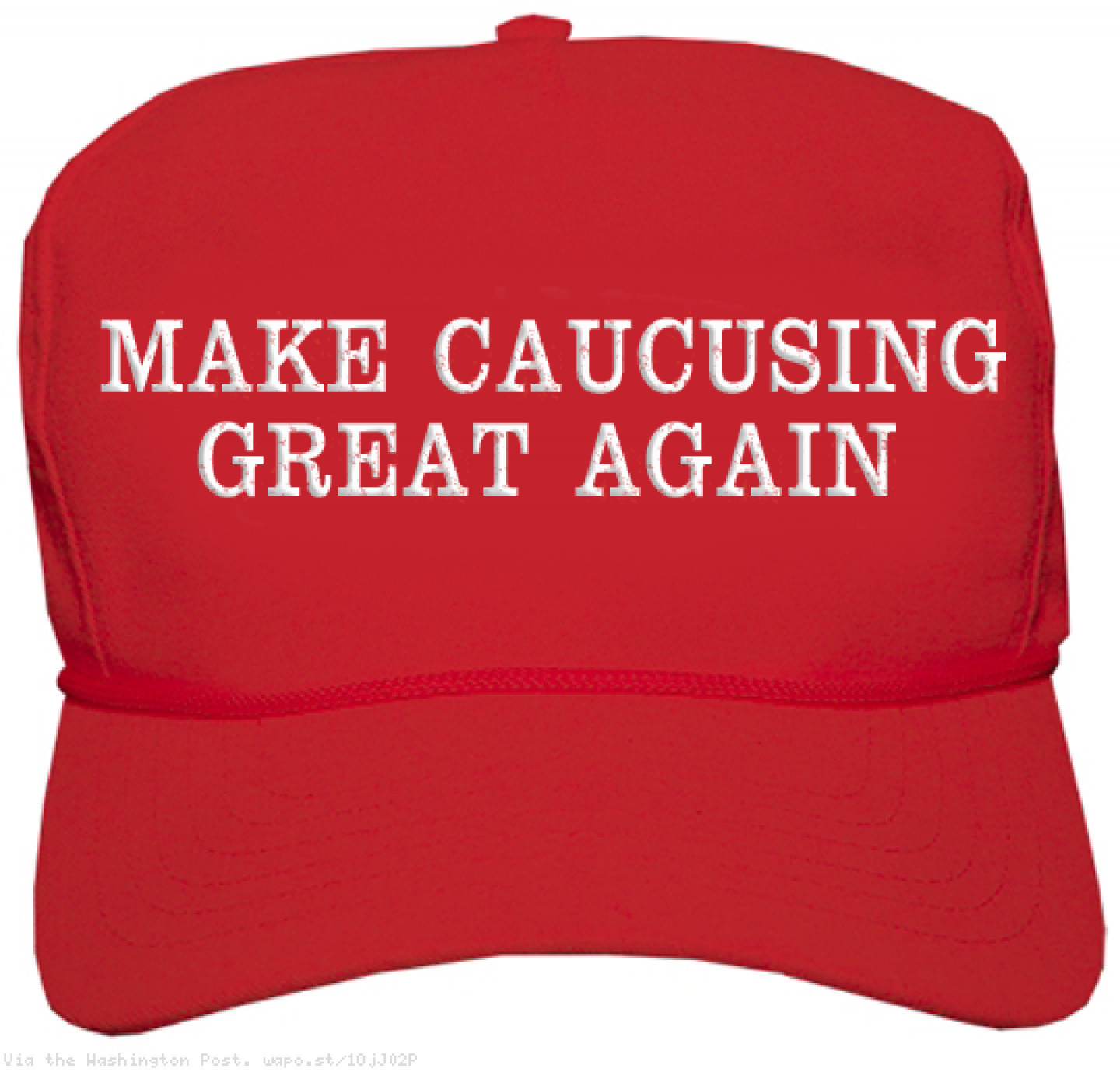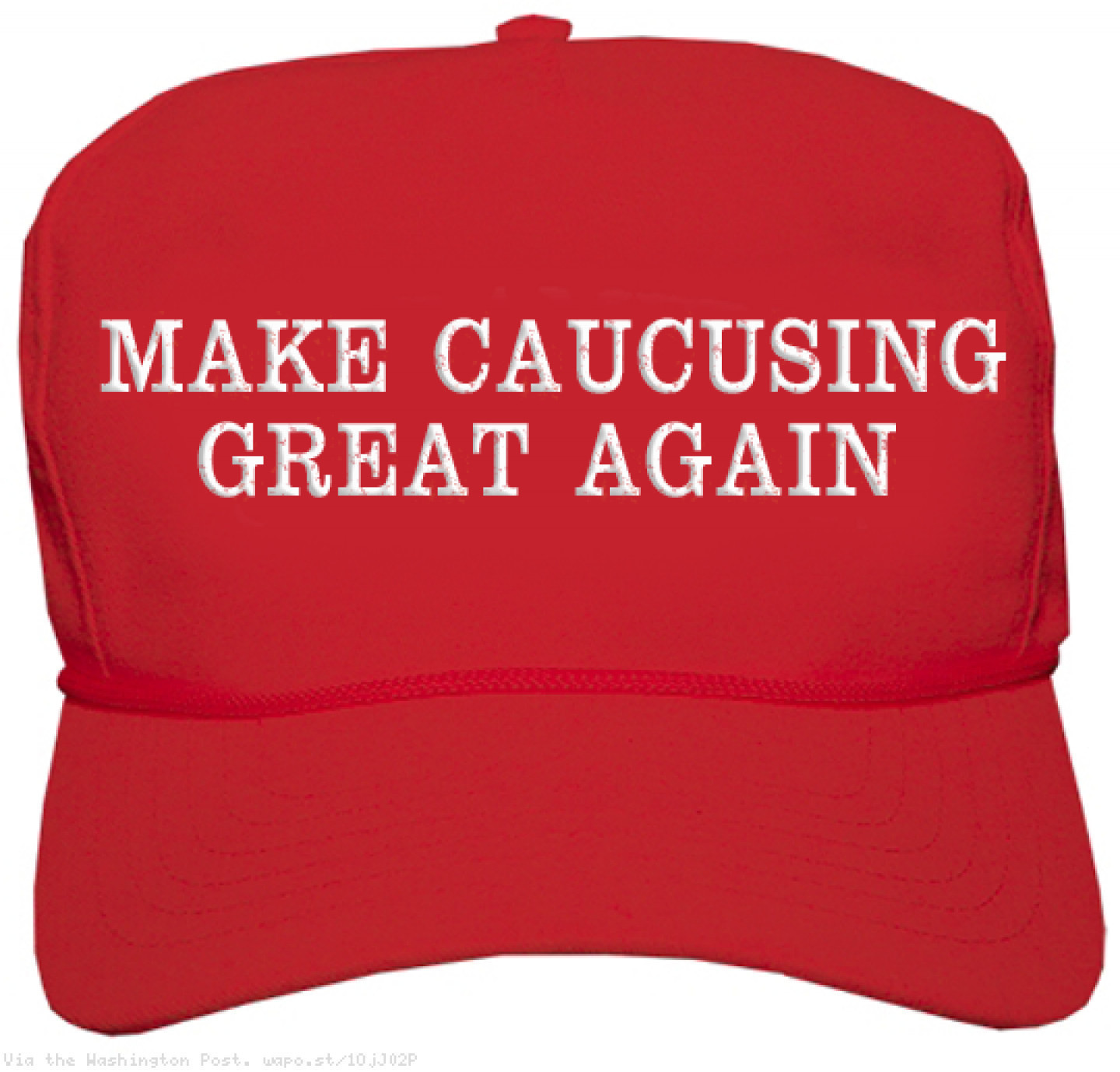There can be so many benefits to unconventional therapies and natural remedies. Many people like to dabble in essential oils, vitamins, and yoga. But some people like to go to the extreme. Case in point: Cryotherapy. This new and largely unknown procedure works by exposing people to extremely cold temperatures using liquid nitrogen for short periods of time. This exposure to various parts of the body is thought to act as an extreme “ice pack” of sorts by reducing inflammation, pain, and soreness in the body. Cryotherapy also claims to be able to heal tissues of the body, increase energy, reduce aging, and combat depression1)according to the company that sells it, anyway…. Certain athletes are rumored to use it to heal injuries instead of an ice bath. These cryotherapy “spas” have recently popped up in Las Vegas, and then quickly made the news when an off-duty manager froze to death in a cryotherapy chamber after hours. Sounds terrifying if you ask me, but apparently it is catching on.
At least it was.
A Fatal Cryotherapy Accident
On October 20th, the body of the 24 year old manager was found in the fetal position, frozen to death inside the chamber. According to various news sources, it appears that the worker attempted to use the cryotherapy chamber on herself while she was alone, against standard procedures. However, at this time of publication, it is unclear what really happened. The chambers are supposed to be properly adjusted for a person’s height so they always have access to oxygen above the level of the cryotherapy chamber. News reports speculate that the machine may have put out too much nitrogen, possibly locked her in, or otherwise malfunctioned. But a machine malfunction is nothing more than speculation at this point until further investigation can be done. News reports are also fairly consistent in noting that the cause of the death was most likely “operator error.”
Will There be a Lawsuit?
But what about compensation for the victim’s family? This is a tougher question. No regulatory agency appears to oversee the cryotherapy business. Not the cosmetology board, not the medical board, and certainly not the FDA. Users are invited to participate in cryotherapy at their own risk. This is the same as the disclaimer on a bottle of vitamin C, which notes that it is not a drug regulated by FDA; but clearly the risk is quite different. So, the only option at this point looks like civil litigation. Although it would initially appear to be an uphill battle because users participate in the therapy at their own risk, this might not really be the case. Depending on what actually went wrong, if the victim’s family can prove that the “operator error” was a reasonably foreseeable misuse, then they will have a fairly strong case against the company. Should it have been fairly obvious that a user of the machine might try to operate it alone? Maybe the machine should have had an automatic shut off or a finger print pad confirming that there were two operators overseeing the use…. On the other hand, the victim was clearly violating safety procedures by using the machine alone after hours. But again, maybe her employer should also be held liable for not having better security which could have prevented employees from entering the building after hours alone. These are all factors that will play out in what will most definitely be an interesting case.
Products liability is a somewhat unique area of law which puts a huge burden on the manufacture of a product to anticipate all “reasonably foreseeable” misuses. In this case, a cryotherapy chamber carries so much risk as a reasonably foreseeable misuse can (and maybe did) cause death. No amount of warnings and disclaimers can negate liability if an economically feasible safety feature could have been incorporated into the product. The examples above, like an automatic shut off or device to ensure two operates were present, certainly do not seem too complicated in light of the innate risk of the product being sold. If there is a company policy that a person should never use the machine alone, then this is clearly a foreseeable misuse. But, this is all just speculation at this point, as we do not know enough facts surrounding the incident to know anything for sure. We will continue to follow the matter closely as it plays out.
Footnotes
| ↑1 | according to the company that sells it, anyway… |
|---|
